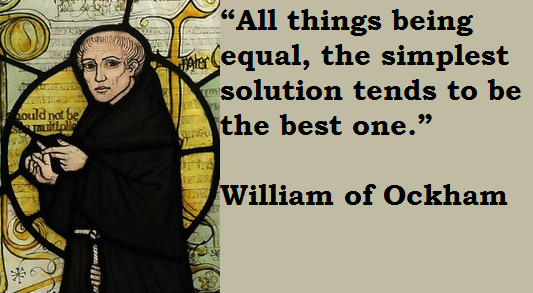No. But it would be a hypothesis rooted in reality, rational thought and scientific experimentation.
I never said that.
Yes, which is why i finished by pointing out what I did about musk / deism.
But let me ask something for clarification: have you strictly been talking about deism this entire time? We're in a thread about Abrahamic religions, so I assumed you were talking about Abrahamic religions at a few portions of your writings. The reason I replied is because we've proven in laboratory settings that simulations are real, life can be created with scientific processes and the big bang can be recreated with scientific processes: nothing in regards to creation has been been recreated anywhere using biblical processes. Therefor, some hypotheses are much, much more rooted in rational thought than others.




